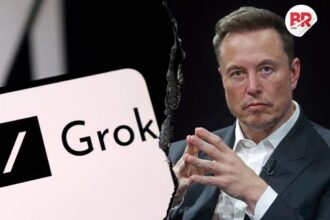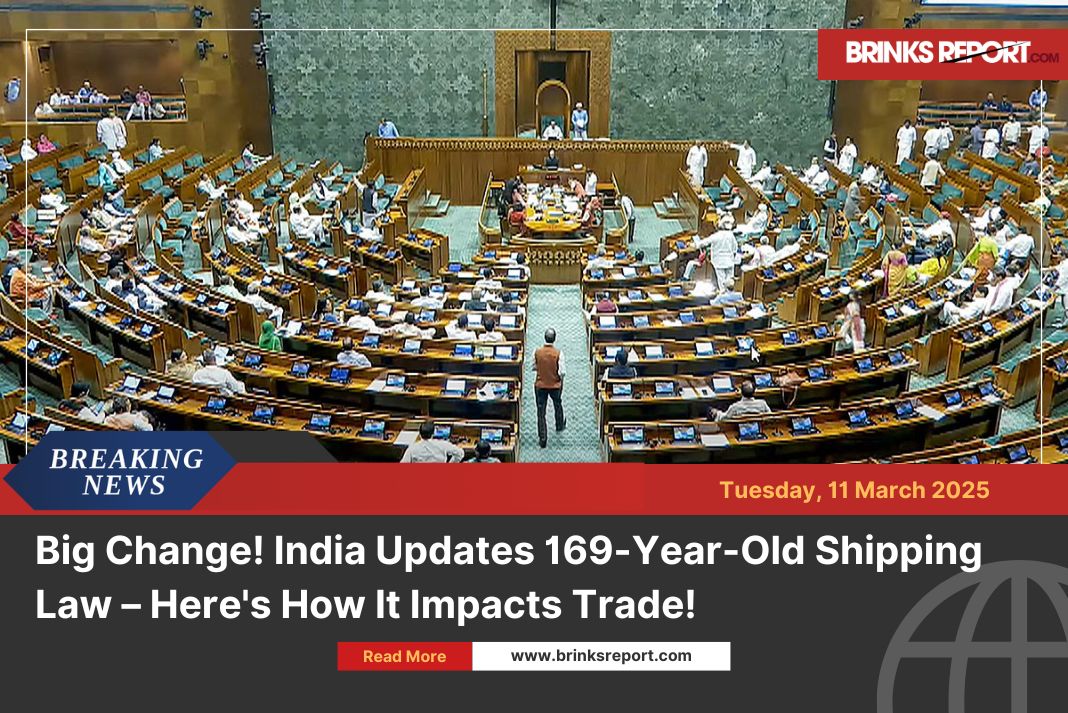
China is currently witnessing a major e-commerce battle — this time in the quick commerce sector, which includes apps similar to Blinkit, Zepto, and Swiggy in India. Big companies like Alibaba, JD.com, and Meituan are competing fiercely to deliver groceries and daily items within 30 minutes.
To win over customers, these companies are spending huge amounts of money (about 200 billion yuan or $28 billion) on discounts and coupons. Some customers are even getting free items like tea or breakfast.

But the Chinese government isn’t happy with this.
What’s the Issue?
This kind of aggressive discounting is starting a “price war” — where companies keep lowering prices to beat each other. While it’s great for customers, it’s hurting the economy.
Officials are worried that:
- It’s causing deflation (fall in prices),
- It’s hurting small businesses,
- And it’s making the market unstable.
The government has warned these companies twice already and asked them to compete more fairly.
Why Companies Are Fighting So Hard
Experts say that quick commerce is the future of online shopping. With AI and smart warehouses, these services may one day replace regular e-commerce.
Companies like Alibaba and Meituan see this as a “life or death” battle for their survival and future profits. That’s why they are spending so much now, hoping to dominate the market in the next 5–10 years.
Read more: Louis Vuitton to Open Second Factory in Texas Amid Hopes for Better US-EU Trade Ties
The Government’s View
The government believes that no one really wins in such a price war. In a recent statement, China’s state media said that giving away items for free creates a “bubble market” — something that looks good on the outside but is weak on the inside.
Economists also warn that this type of unhealthy competition could lead to serious long-term problems. They say that this isn’t like the price war in electric vehicles, which was caused by too many cars being made. Instead, this quick commerce battle is because of slower spending by people after the pandemic.
Also Read: Tesla Ranks Highest in China’s Assisted Driving Test, Ahead of BYD and Huawei
What’s the Future?
Even though customers enjoy the low prices and fast delivery, the businesses and merchants are suffering. Many say they can’t make any profit due to constant discounts.
Still, the quick commerce market is booming and expected to be worth over 2 trillion yuan by 2030 — growing much faster than regular e-commerce.
The government is now stepping in to stop the chaos and ensure the market remains stable and fair for everyone.












